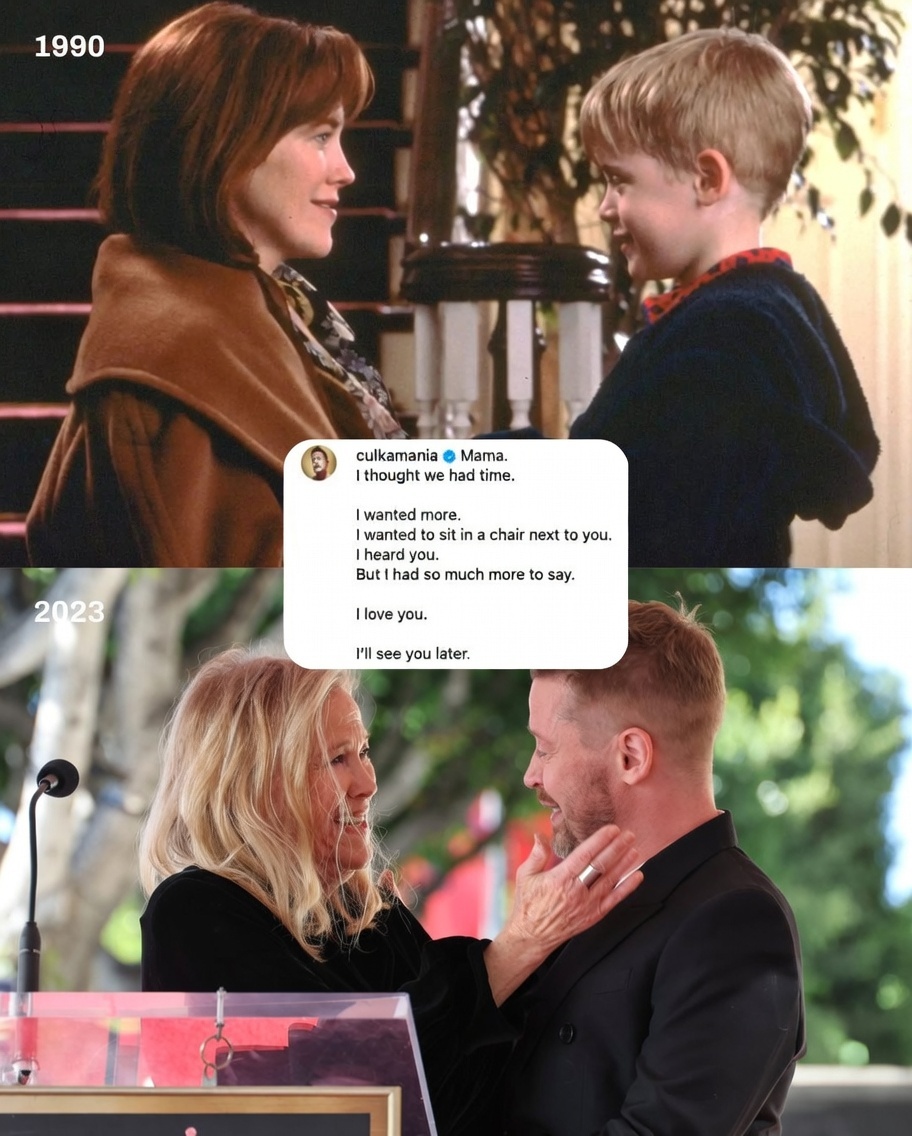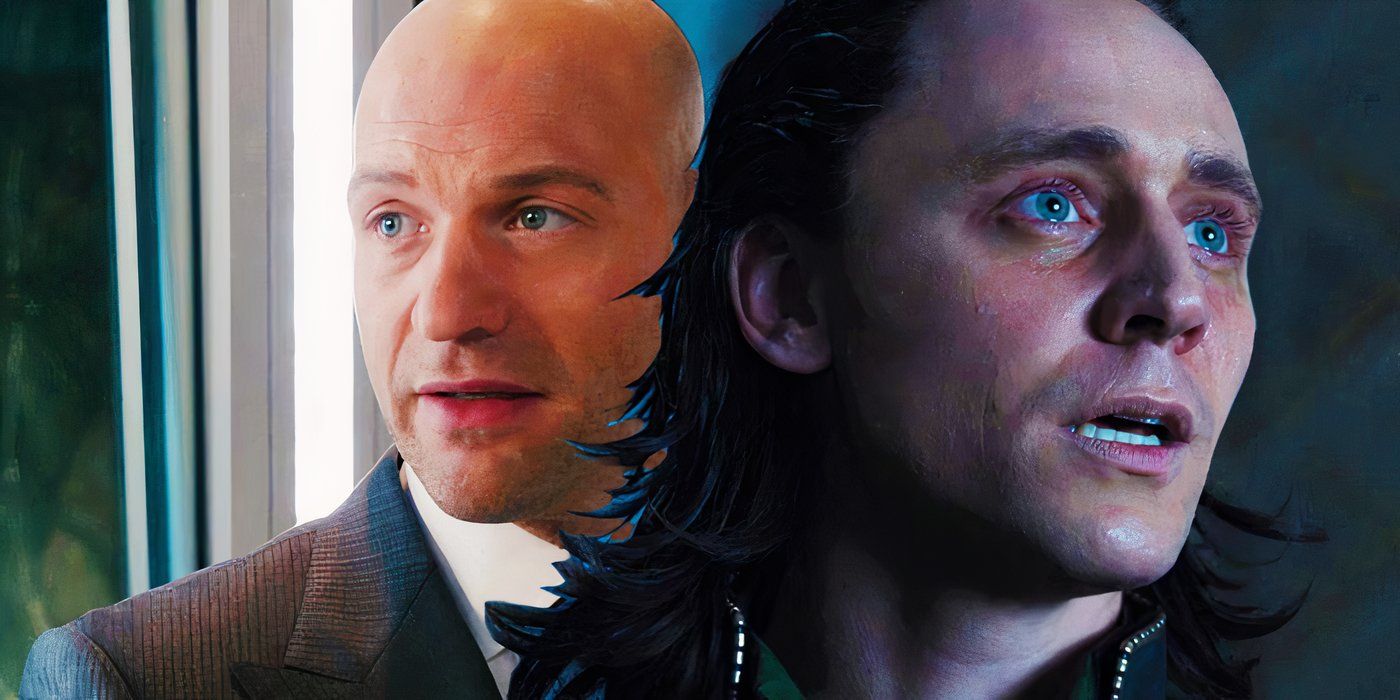
Marvel movie villains that have achieved redemption are often the most compelling. Marvel movies are no strangers to sympathetic villains, thanks in no small part to the source material they adapt. This can often lead to significant redemption arcs for the villains that, more often than not, fly in the face of being evil for evil’s sake. From Sam Raimi’s Spider-Man movies to the entire MCU, this has led to a plethora of Marvel movie villains being as iconic as the rivals they are pitted against.
All those who found redemption may have started with decidedly nefarious motives (or fell into them later in their respective superhero franchises) only to see the error of their ways. Most last-ditch attempts to rectify the damage they wrought tend to end in sacrifice as they atone for their sins by paying the ultimate price. This isn’t always the case, however, with a handful finding other ways to remedy their past villainy.
10. Loki Redeemed Himself Twice
Redeemed Himself In Avengers: Infinity War (2018) and Loki Season 2 (2023)
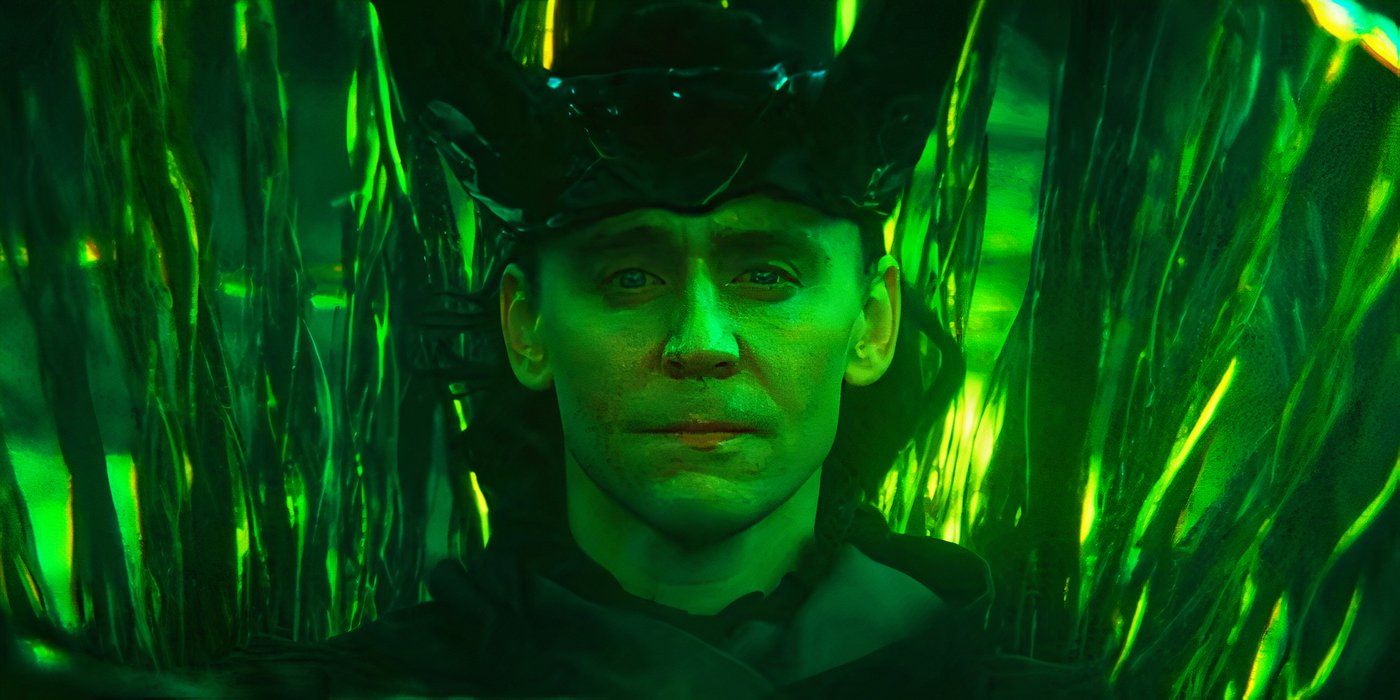
Loki was one of the first sympathetic villains in the MCU when he was introduced in Thor. Though he is misguided, it is easy to empathize with the dejected younger brother of the bullheaded Thor and understand how he swiftly became a firm fan favorite in the MCU. His villainous turn in The Avengers, meanwhile, was far more difficult to reconcile with as he brought about the invasion of Earth and the deaths of several innocents. From that point, Loki had to work to earn good graces once more.
Though his atrocities pale in comparison to those of other violent MCU villains, Loki’s first road to redemption didn’t quite balance out the crimes he initially committed until his noble attempt to stop Thanos. Instead, his hard-won ascension to a throne where he ensures multiversal free will can thrive, and countless lives can be spared is more than enough. Loki’s willingness to endure an eternity of loneliness so that friends and strangers alike can thrive in these conditions is arguably one of the most heroic acts seen in the MCU.
9. Darren Cross Stood Up To The Multiverse Saga’s Arch-Villain
Redeemed Himself In Ant-Man And The Wasp: Quantumania
Darren Cross’ introduction in Ant-Man secured him as one of the most unlikable villains in the MCU thanks to his purely selfish motives. After his defeat forced him into the Quantum Realm, however, he was quite literally cut down to size as he became a pawn of Kang the Conqueror, whose aid forced Cross into servitude under the moniker MODOK. After helping Kang subjugate Quantum Realm denizens for several years, Cross would then rediscover his humanity and turn on his boss, losing his life after triumphantly declaring, “I am not a d*ck!“
The MCU’s MODOK is a divisive figure as Marvel Studios took ample creative liberties with his origin story and characterization.
MODOK’s decision to disrupt Kang’s shields turned out to be pivotal in his defeat in the Quantum Realm. While the decision to have the Multiverse Saga’s big bad defeated in short order by one of the weakest Avengers is a questionable one, there is no denying he was weakened by the onslaught of giant ants that MODOK helped to herald. MODOK’s decision to make the ultimate sacrifice to help bring about Kang’s demise (as ineffectual as it may have been) was a significant about-turn for the erstwhile villain and proof that he could, in fact, act selflessly.
8. The Silver Surfer Turned On A World Destroyer
Redeemed Himself In Fantastic Four: Rise Of The Silver Surfer (2007)
The Silver Surfer is an unusual entity whose villainy is purely dispassionate in the early stages of Fantastic Four: Rise of the Silver Surfer. His job as the herald of Galactus is born out of necessity as he enters a deal with the world-eater to spare his homeworld and the life of his love interest. The problem is that it is still difficult to reconcile Norin Radd’s motives with the fact that he is exchanging countless lives for relatively selfish reasons.
Destroying the world-devouring cosmic being, and preventing further loss of life was, therefore, the best he could do. Fantastic Four: Rise of the Silver Surfer debuted the titular character at a time when a Silver Surfer solo movie was still on the cards, making his redemption arc inevitable. Still, the Silver Surfer’s relatively swift pivot from harbinger of doom to killer of a godlike being was enough to cement a heroism that would never be elaborated on.
7. Xu Wenwu Subjected Himself To A Horrific Fate
Redeemed Himself In Shang Chi And The Legend Of The Ten Rings (2021)
Xu Wenwu is one of the MCU’s most pervasive villains with a legacy that spans decades. His Ten Rings subjected the world to a litany of atrocities, making his path to redemption a particularly difficult one. Nevertheless, after reuniting with his son and misguidedly attempting to resurrect his wife, Wenwu sacrifices his life to save Shang-Chi and bequeaths him with the Ten Rings that brought him untold power over the years. This death may not have been all that sufficient were it not for the horrific implications of having his soul eaten.
The redemption of the Mandarin extends beyond his sacrifice, however. After Iron Man 3‘s divisive rug-pull with Trevor Slattery and Aldrich Killian, Iron Man fans felt cheated by the treatment of Tony Stark’s iconic arch-rival. Wenwu’s MCU debut was a suitable retcon, rightfully establishing him as the powerful arch-villain he was supposed to be, even if it was at the cost of having him go toe-to-toe with Iron Man.
6. Otto Octavius Went Down With His Ship
Redeemed Himself In Spider-Man 2 (2002)
Doctor Octopus’ descent into villainy was due to the inhibitor chip on his iconic mechanical arms turning him into a vicious adversary of Spider-Man. His initially virtuous intentions to create a clean energy-producing fusion reactor turned tenacious while under the influence of his arms’ AI, forcing him down a path of destructive villainy to complete his project at any cost. His disregard for human life and laws culminated in a final bout where Peter Parker’s intervention brought him to his senses, declaring “I will not die a monster,” before drowning the over-charged reactor and himself in the Hudson River.
One convincing fan theory states that Otto’s sudden change of heart was thanks to the events of Spider-Man: No Way Home, in which Holland’s Peter Parker fixed his inhibitor chip.
Octavius’ villainy is a lot easier to forgive given his arms’ influence. His ultimate sacrifice was ensured to prevent Peter from risking his own life, cementing his virtuous nature in spite of his arms’ apparent intentions. To date, he stands as one of the most beloved Marvel movie villains for the reason that he was barely a villain in the first place, with his self-sacrifice underscoring that notion.
5. Bucky Barnes Has Been Redeeming Himself For Years
Redeemed Himself In Avengers: Infinity War (2018)
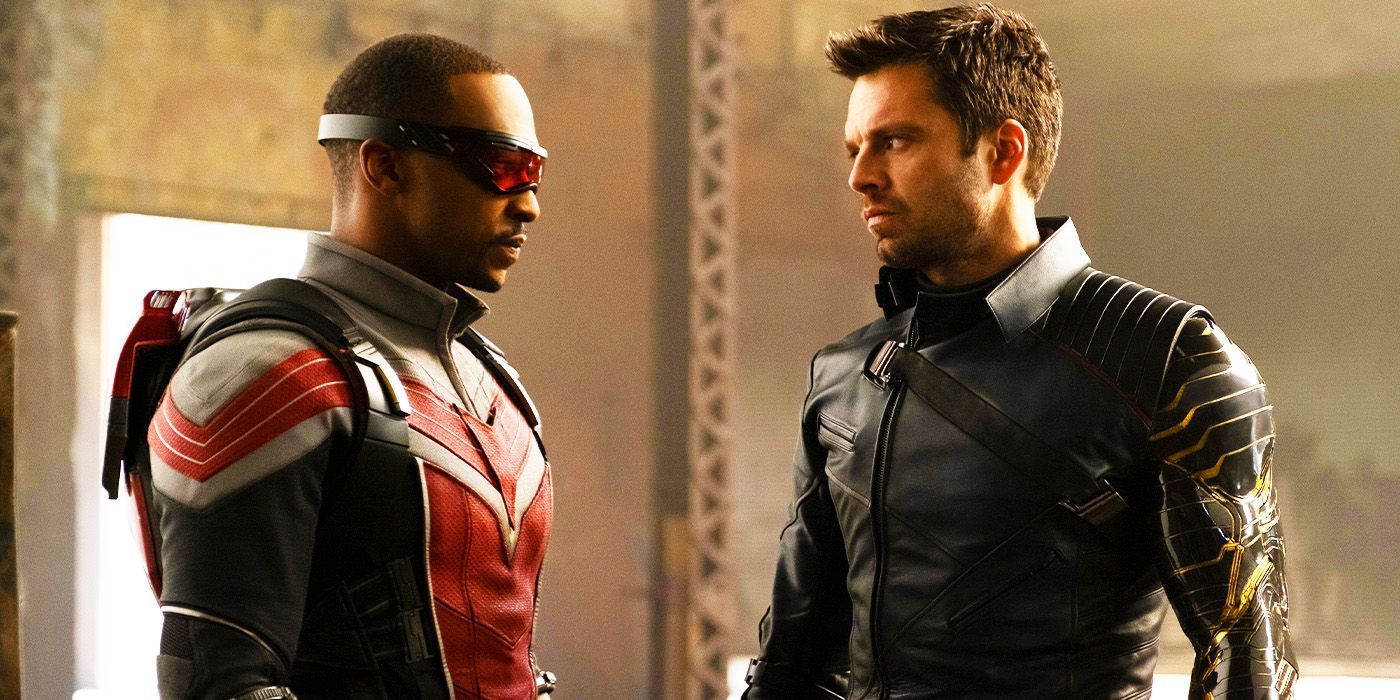
Though it has occurred in just one timeline, Bucky’s long path to redemption in the MCU rivals that of Loki’s. Bucky would not immediately renounce his villainous ways after being introduced as the eponymous villain in Captain America: The Winter Soldier, but would at least end the movie by saving Steve Rogers’ life. His crimes include several high-profile assassinations while brainwashed under the Winter Soldier mantle, with the most prominent of these being Tony Stark’s parents.
Since then, however, Bucky has been tortured by his villainous actions, undergoing a particularly lengthy redemption arc across several MCU appearances. His aid in the Battle of Wakanda and the Battle of Earth was enough for the US Government to grant him amnesty, though he has yet to forgive himself for his crimes. Nonetheless, Barnes has been long since forgiven by MCU fans, while his upcoming starring role in Thunderbolts* may be poised to grant him the ability to finally forgive himself.
4. Nebula Swears Vengeance For Her Villainous Past
Redeemed Herself In Avengers: Infinity War (2018)
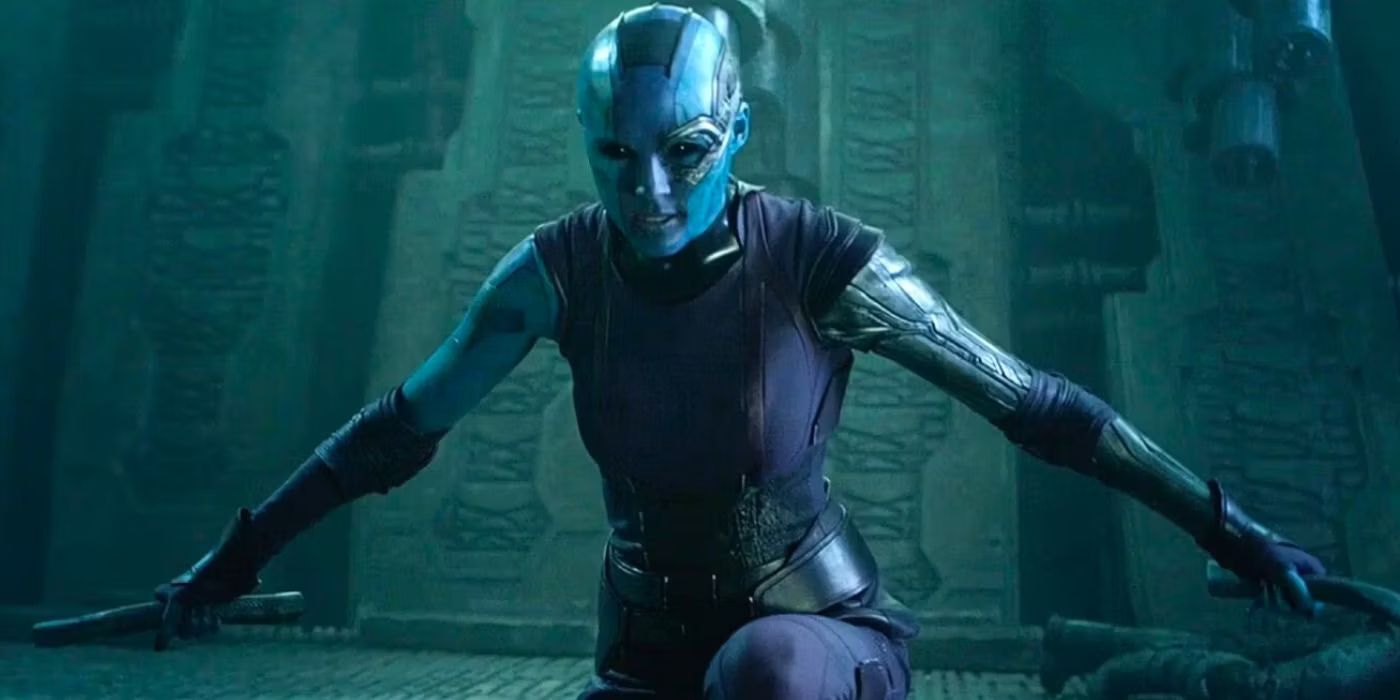
Along with her sister, Gamora, Nebula began her MCU tenure as a minion of their adoptive father, Thanos, and committed several villainous acts while still under his sway. It wouldn’t take long for Nebula to rebel against her father, however – though she would do so on the side of Ronan the Accuser and aid in his assault on Xandar. She would remain a sadistic thorn in her sister’s side until the latter half of Guardians of the Galaxy Vol. 2, where her sister would win her over to the team.
While Nebula retains her short temper and overly violent manner, she is now a bona fide hero who became integral to the fight against Thanos. Her most recent virtuous acts saw her rescuing Star Children from the clutches of the High Evolutionary and assuming leadership of Knowhere in Guardians of the Galaxy Vol. 3. Her role in defeating Thanos and subsequent show of empathy towards others are ample evidence of Nebula’s redemption, whose villainous past was born of an exceptionally traumatic childhood.
3. Cable Has A Major Motivation Change
Redeemed Himself In Deadpool 2 (2018)
Cable burst onto Fox’s X-Men franchise with one decidedly morbid motive: to kill the 14-year-old Russell Collins before he would go on a murderous rampage in Cable’s future. This put him in direct opposition to Deadpool, who saw fit to protect the youngster from who he perceived to be a time-traveling villain. While Cable’s motives are somewhat understandable, the morality of killing a child is called into question by Deadpool, who ends up taking a bullet for Russell and changing the youngster’s life course.
After seeing that Deadpool’s heroism bore fruit, Cable traveled to the past to ensure that his bullet would not kill the de-powered mutant. His one-track mind finds a new course that does not involve killing Russell outright, thereby setting him firmly on a less morally gray trajectory in the present. The fact that Cable intended to kill Russell to save his own family is understandable, but his decision to refrain from killing a child is certainly preferable.
2. Wanda Destroyed The Darkhold In Every Universe
Redeemed Herself In Doctor Strange In The Multiverse Of Madness (2022)
Scarlet Witch is one of the MCU’s most tragic characters who, like many other sympathetic villains, has her mind tainted by an external force. In Doctor Strange in the Multiverse of Madness, this was the Darkhold, which Wanda intended to use to travel to universes in which her children are both real and alive. After massacring a number of people to get to them, she finds that her villainous streak puts her at odds with Tommy and Billy, prompting her to recognize the error of her ways.
Wanda then destroys the Darkhold Castle – the Darkhold’s place of origin – with herself inside, ensuring that every version of the Darkhold in other universes is destroyed along with herself. It is an exceptionally tragic end for the fan-favorite Avenger, who has only experienced the most intense hardships in her life. While hope remains that Scarlet Witch will return, her sacrifice ensures that her sins across the multiverse are absolved by destroying the tool from which evil so easily emanates.
1. Deadpool Was Redeemed In The Real World
Redeemed Himself In Deadpool (2016)
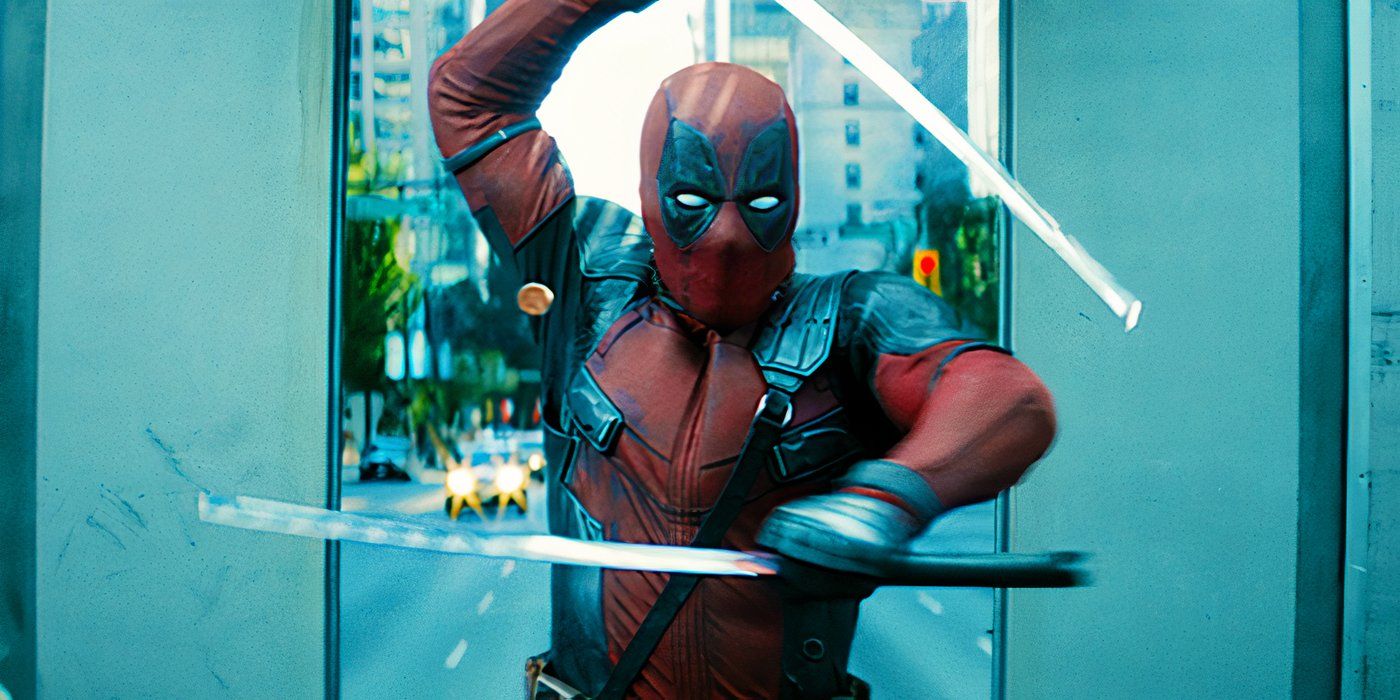
Though his solo franchise would go on to comprise Fox’s most successful X-Men movies to date, Deadpool’s debut was far from well-received. Deadpool began his cinematic career as the final boss in X-Men Origins: Wolverine, where an unforgivably distorted version of the character wordlessly took on the eponymous hero. Wolverine would eventually emerge victorious, though Wade Wilson’s apparent survival teased a return that would never transpire – or, at least, not in the same guise.
After years of campaigning to adapt a more comic-accurate version of Deadpool, Ryan Reynolds would reprise the role in two celebrated R-rated solo movies. Reynolds would redeem Dedapool’s cinematic legacy in doing so, while pivoting the character to become a decidedly more heroic (if overly violent) version of the character that ironically adores Hugh Jackman’s Wolverine. His fleeting tenure as a Marvel movie villain would be expertly referenced and put to bed in Deadpool 2, when he killed the previous version of his character.

